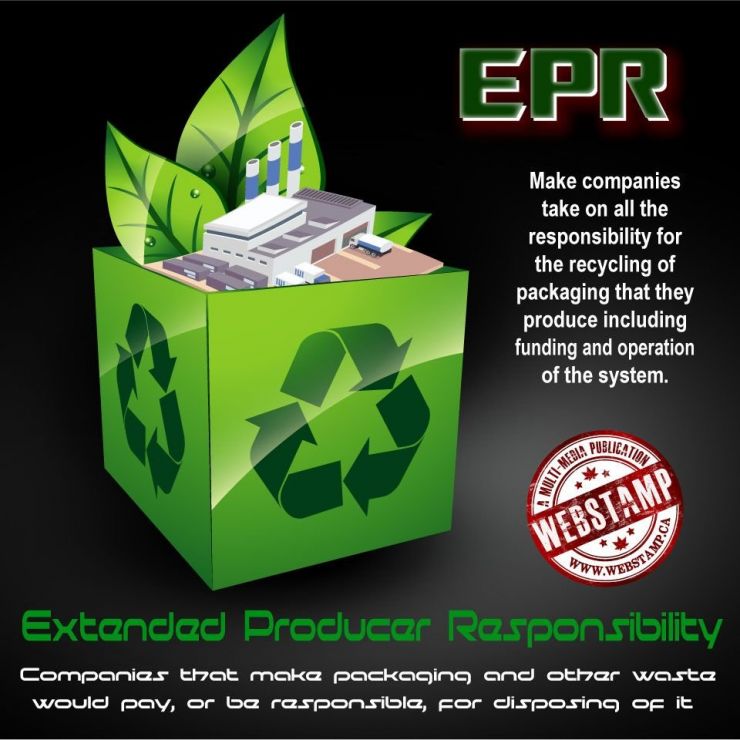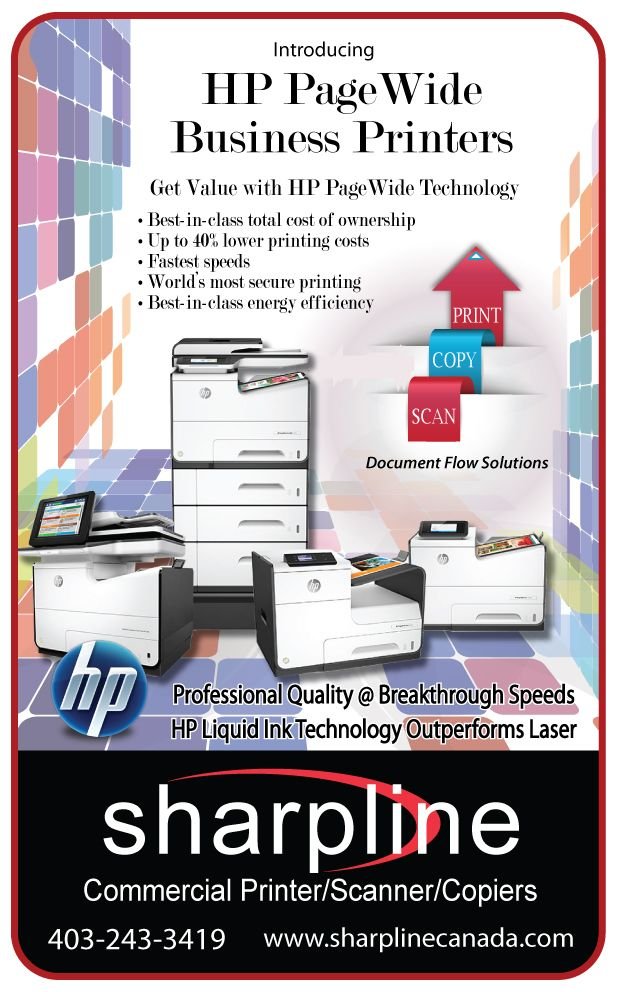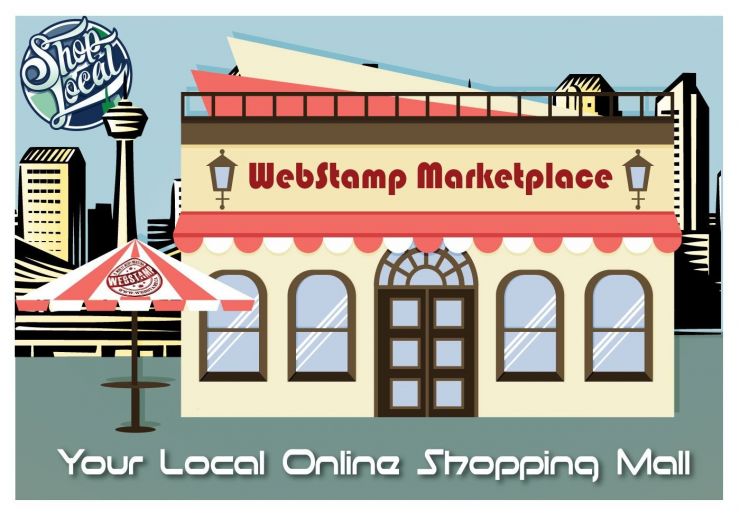WebStamp September 25, 2019
M.A.D. Economic Move #4 -EPR
Improving the local economy involves many things with the largest dominator being sustainability. Having a Circular Economy (CE), where nothing is wasted and everything is reused, recycled, repaired, or repurposed, can be very effective in improving the Economy. Recycling used to be a profitable venture, however, today there is an overabundance of collecting recyclables with no markets to sell them to.
Even though the City of Calgary has found a solution to their plastic clamshell packaging dilemma they still are looking at disposing the stockpiled 2000 tons of it into the landfill at a cost to taxpayers of $130,000. There are actually local solutions like Cielo Waste Solutions, a refinery in Aldersyde in Southern Alberta that is using cutting edge technology to turn waste into diesel fuel, where all of that non-salvageable recycled materials could be used.
What is needed are more companies that can make a viable resource of recycled materials, like the Calgary startup company CleanO2 that is capturing emissions from industrial furnaces and boilers as potash to be used in soaps, detergents, the agricultural sector, and the pharmaceutical industry, etc.
What is needed is for governments to build local recycling facilities to lease to entrepreneurs that will pay their employees according to the productivity of the facility. This will help the local economy by creating employment, generate additional taxes, and providing new products using fewer resources. To boost the local economy and reduce greenhouse gas emissions these products could be sold locally in a sustainable Circular Economy.
In B.C., companies are required to take on all the responsibility for the recycling of packaging that they produce, funding and operating of the system.
It has been suggested that the problem wouldn't exist if the Alberta government instituted a provincial regulation for Extended Producer Responsibility (EPR) as they have implemented in B.C. EPR essentially means that the companies that make packaging and other waste would pay, or be responsible, for disposing of it, usually through a recycling program. Other places combine recouping a portion of their recycling costs from companies and taxes. This should also be expanded to include the reclamation of the end-of-life of their products.
Even though most provinces across the country do this to varying degrees, Alberta is one that doesn’t. The implementation of a country-wide sustainable Circular Recycling Program would benefit all Canadians. A Federal EPR system would help reduce pollution, create employment, and boost the economy. Developing more local facilities to produce products for local commerce would also reduce greenhouse gasses emissions by not having to ship the products across the globe and the materials to produce it.
It is important for a Sustainable Circular Economy for everyone to do their part. Following the 5Rs for Sustainable Living is a good start, however, there is the need for more people to get involved in recycling what we have. There are many companies already involved in producing products entirely from recycled material. They are producing such items as purses, clothing, toys, building materials, etc.
Everyone should join the M.A.D. Economic Move towards establishing a Circular Business Model where there is local recycling and processing that are building new products that are sold locally. Governments should build proper local facilities that are operated by 3rd parties helping stimulate economic growth providing much-needed employment. Let’s start holding companies responsible for the waste their products produce by using sustainable production methods. Support Extended Producer Responsibility.
Articles in this Issue
WebStamp September 25, 2019
References:
https://recyclebc.ca/what-happens-to-my-recycling-end-markets/
https://www.cbc.ca/news/canada/calgary/calgary-clamshell-recycling-problem-landfill-1.5253287
https://globalnews.ca/news/5207352/how-to-fix-canadas-recycling-industry/
https://greenbusinessbureau.com/blog/8-companies-that-only-sell-100-percent-recycled-products/
https://householdwonders.com/products-made-from-recycled-materials/
http://mentalfloss.com/article/50227/13-products-made-using-recycled-materials







